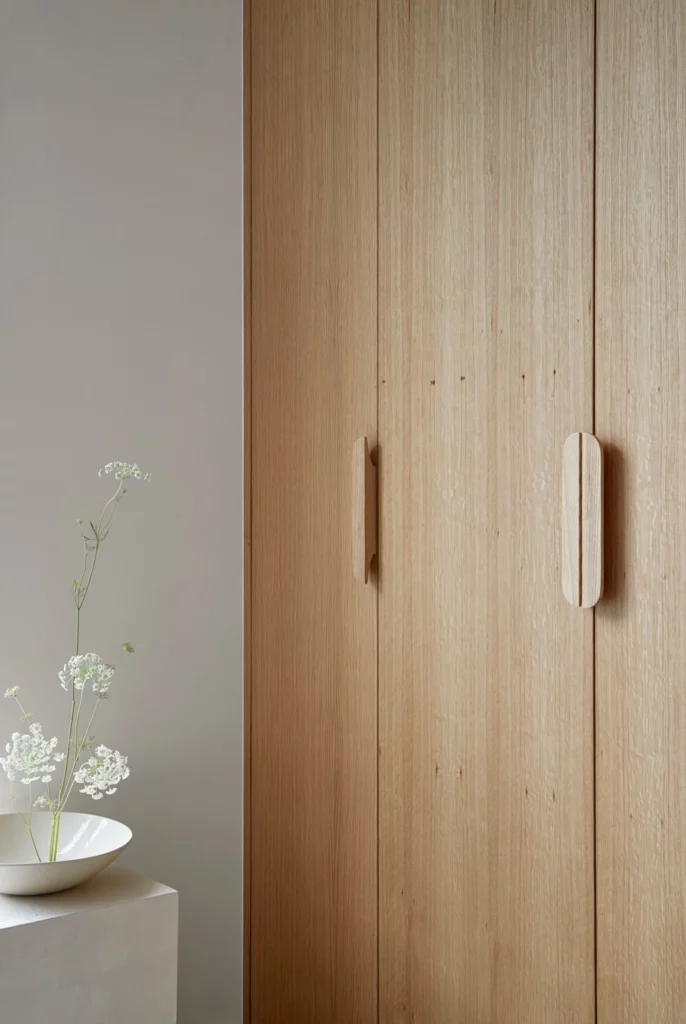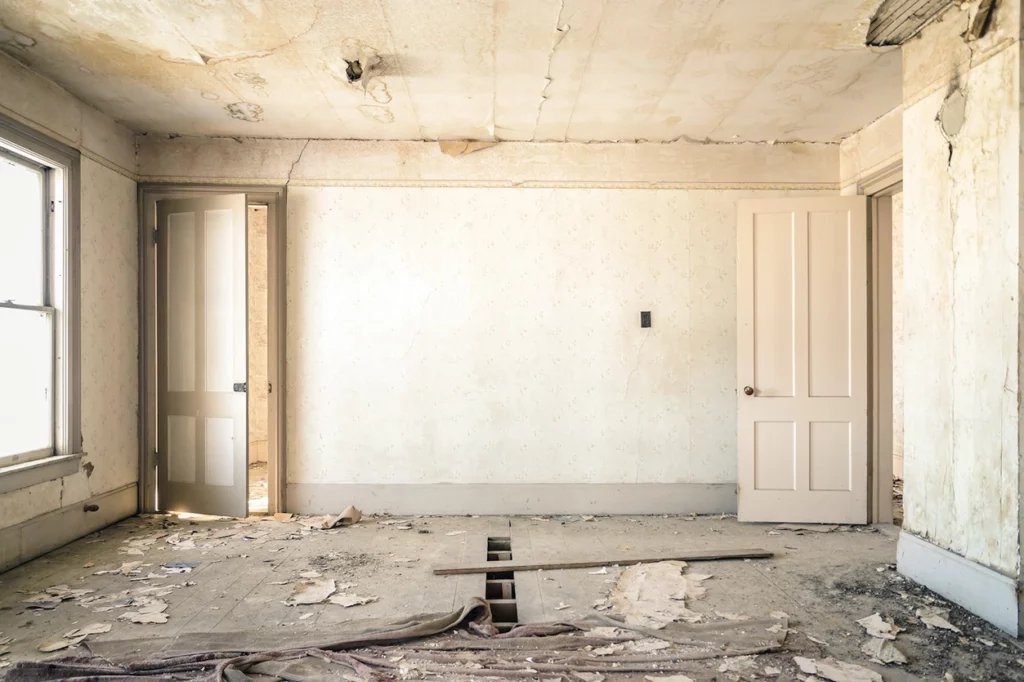Yūgen (幽玄) is one of the most profound yet elusive concepts in Japanese aesthetics. Rooted in Zen Buddhism, classical poetry, and Noh theatre, it embodies a beauty that is subtle, mysterious, and deeply felt rather than overtly expressed. First defined in Heian-period (794–1185) waka poetry, yūgen became a guiding principle in Noh theatre, where playwright Zeami described it as “an elegant, profound beauty that lies beyond words.” Later, it influenced the tea ceremony, reinforcing an appreciation for simplicity, imperfection, and the transient nature of things. Unlike Western ideals of beauty, which often seek clarity and perfection, yūgen values depth, atmosphere, and the quiet power of the unseen.

Yūgen in the Home: Architecture and Design
In architecture and interior design, yūgen manifests in spaces that evoke a sense of tranquility, balance, and quiet discovery. At Yoko Kloeden Design, our approach is guided by five key principles that bring this aesthetic to life:
Rikyu’s Radical Vision
- Hikari (Light): Thoughtfully layered lighting, from soft morning sun to the gentle glow of dusk, creates an evolving atmosphere throughout the day.
- Ma (Space): Negative space is as important as filled space—allowing the home to breathe, ensuring openness, and fostering a sense of calm.
- Nagame (View): Framing nature—whether it’s a single tree, the sky, or shifting light—creates quiet moments of reflection and connection.
- Shizen (Nature): The use of raw, natural materials like aged wood, stone, and linen enhances the organic flow of a home, grounding it in the rhythms of the seasons.
- Taru o Shiru (Less is More): The philosophy of restraint, where every element serves a purpose and nothing is excessive, allowing beauty to emerge in simplicity.
Rather than overwhelming the senses, a home designed with yūgen feels deeply personal and effortlessly harmonious, allowing space for presence, stillness, and appreciation.


Why Yūgen Matters Now More Than Ever
In an era of constant stimulation and excess, the need for spaces that offer respite, balance, and meaning has never been greater. A home infused with yūgen is more than just aesthetically pleasing—it is a place where life slows, where light and shadow dance gently across textured walls, where nature is invited in rather than shut out. It fosters an unspoken sense of well-being, creating a space that is not just seen, but deeply felt.
4. Prioritising Simplicity (Taru wo Shiru – Less is More)
Minimalism isn’t about deprivation; it’s about being mindful of what is enough. Through Taru wo Shiru, the principle of finding contentment in simplicity, we design homes that balance practicality and beauty.
- Declutter and Organise: Your home should work for you, not the other way around. Start by decluttering, keeping only what adds value to your life. For the essentials, create custom cabinetry and built-ins to keep things neatly stored and maintain a sense of calm.
- Durable Elegance: Prioritise quality over quantity. Opt for timeless finishes, such as natural wood or stone, that are durable, practical, and soothing to all the senses.


5. Construction
- We review alternative/ suggested products by the project contractor against performance and environmental standards.
- At handover, we provide comprehensive records, technical specifications, and maintenance guides to ensure your home’s sustainability is maintained long-term.
By embracing yūgen, you are not just designing a home—you are curating an environment where beauty is found in the quiet, fleeting details of everyday life, and where every moment holds space for reflection, connection, and tranquillity.